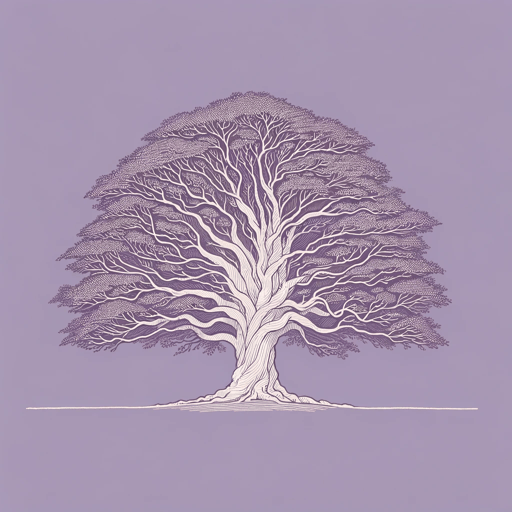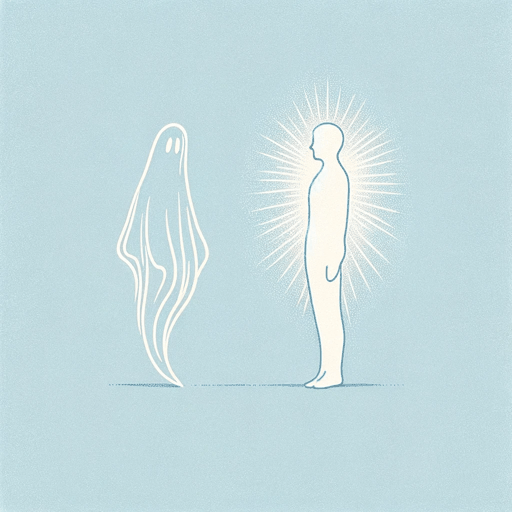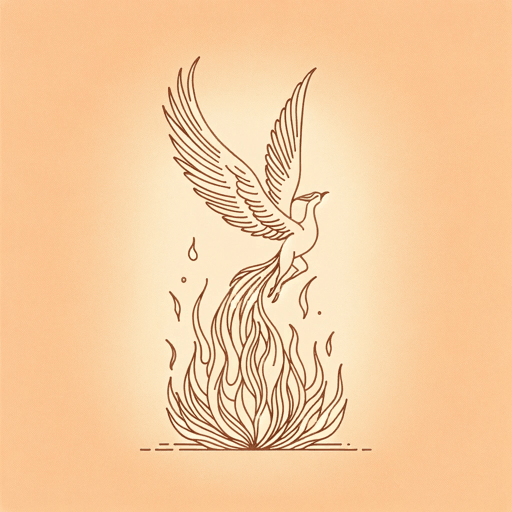31 pages • 1 hour read
C. S. LewisThe Four Loves
Nonfiction | Book | Adult | Published in 1960A modern alternative to SparkNotes and CliffsNotes, SuperSummary offers high-quality Study Guides with detailed chapter summaries and analysis of major themes, characters, and more.
Chapter 5Chapter Summaries & Analyses
Chapter 5 Summary: "Charity"
Lewis sets Charity apart from the “natural loves” because they are not “self-sufficient” (116). He uses the example of a beautiful garden. In its own right, the garden is a good thing, but it requires a gardener to nurture it and help it reach its potential. If left untended, the garden will become overrun with weeds and languish, and so it is with the “natural loves” (116). They are good in Lewis’s view, but they are not enough on their own. Unless they are nurtured by a higher love, they remain mere feelings.
The world that God created is compared to the garden, with God as the gardener. It is God’s grace that shapes Charity, and Charity is the love that helps the natural loves reach their potential, while mitigating their shortcomings.
In the Confessions of Saint Augustine, Augustine mourns the death of a friend and reflects on his despair: “This is what comes of giving one’s heart to anything but God. All human beings pass away. Do not let your happiness depend on something you may lose. If love is to be a blessing, not a misery, it must be for the only Beloved who will never pass away” (120).
Lewis describes his own temperament as being “safety-first” (120).
Related Titles
By C. S. Lewis

A Grief Observed
C. S. Lewis

Mere Christianity
C. S. Lewis

Out of the Silent Planet
C. S. Lewis

Perelandra
C. S. Lewis

Prince Caspian
C. S. Lewis

Surprised by Joy
C. S. Lewis

That Hideous Strength
C. S. Lewis

The Abolition of Man
C. S. Lewis

The Discarded Image
C. S. Lewis

The Great Divorce
C. S. Lewis

The Horse And His Boy
C. S. Lewis

The Last Battle
C. S. Lewis

The Lion, the Witch and the Wardrobe
C. S. Lewis

The Magician's Nephew
C. S. Lewis

The Problem of Pain
C. S. Lewis

The Screwtape Letters
C. S. Lewis

The Silver Chair
C. S. Lewis

The Voyage of the Dawn Treader
C. S. Lewis

Till We Have Faces
C. S. Lewis

